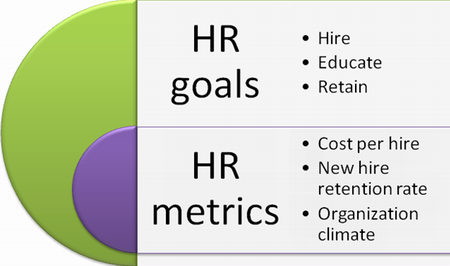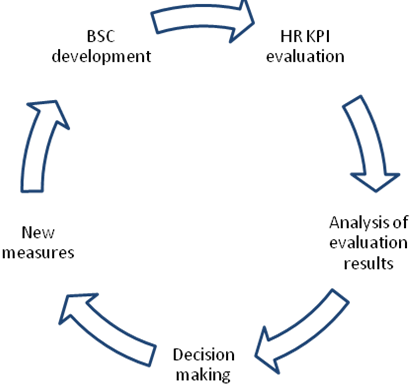Human resource management is not just all about conducting seminars for employees, running tests and questionnaires, as well as thinking on how to cut back expenses related to maintenance of personnel. HR managers have a wide range of different tasks, all of them are extremely important in terms of strategic management. It is impossible to succeed if at least one business unit in a company deviates from strategic goals. This especially concerns HR department since its employees are responsible for coordination of personnel efforts in all business units. Thus, a HR department is both a business unit that has its own goals and the one that helps coordinate efforts of other departments.

The recent financial crisis demonstrated that educated and loyal personnel is a very valuable asset. Sometimes, even huge investments cannot save the company that has been plunged into crisis. Sure, any company must have resources and make investments in own development. At the same time, it will be all in vain unless these initiatives are driven by competent and dedicated employees.

For this reason, HR management needs constant evaluation. Moreover, as mentioned above, every business unit, including HR department, should coordinate own goals and measures with those of the company. Thus, a HR department really requires a tool that is used both for strategic management and performance evaluation. BSC is really such a tool.
It should be stated that BSC is widely used in HR. Although many managers as well as business owners and investors do not understand the true power of HR, excellent personnel management does contribute to implementation of company strategic goals.
BSC does not only provide top management with complete information on HR performance in the company but also demonstrate how well company strategy is being executed and whether or not HR goals meet requirements of company mission and strategy. Lots of companies also implement BSC in HR departments just to test this popular framework.
As to composition of HR BSC, it does not much differ from scorecards that are developed in a variety of other industries. Of course, every industry and department require individual approach to BSC design, however there are certain universal rules and strategies that are applicable for HR too. Thus, there are 4 perspectives in a HR BSC: financial, customer, internal business processes, learning and growth. The only difference is that customers in this case are company employees.